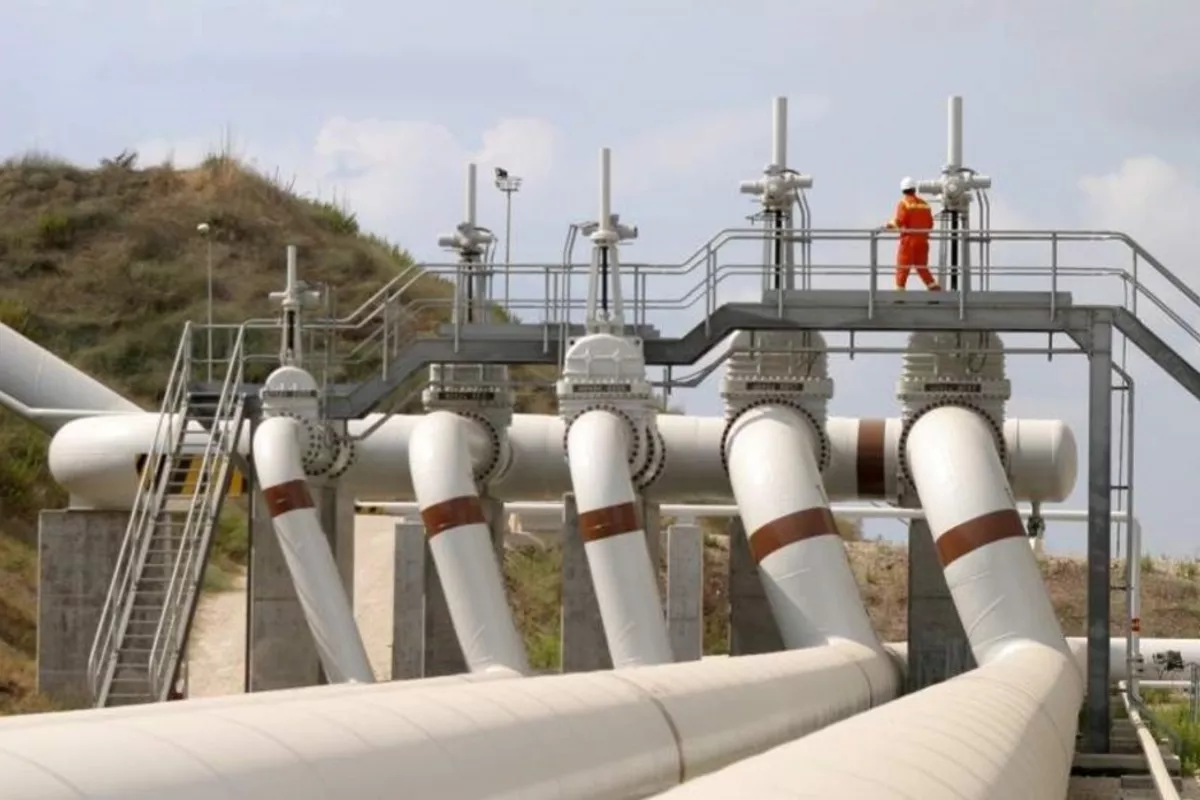
photo: News.az
Kazakh Vice Minister of Energy Sanzhar Zharkeshov has expressed Kazakhstan's intention to increase the volume of oil transit through the Baku-Tbilisi-Ceyhan (BTC) pipeline.
Zharkeshov explained that while discussions are still underway and precise forecast figures have yet to be finalized, Kazakhstan is committed to expanding transit volumes via the BTC pipeline, The Caspian Post informs via local media.
“Pricing issues, particularly transit tariffs from the Azerbaijani side, remain under review. The main focus is to establish a seamless logistics chain-from Kazakh oil fields to Baku, then onward to the terminal in Ceyhan. This intent is formally reflected in the protocol from the recent joint intergovernmental commission meeting,” he said.
The vice minister highlighted the BTC route’s strategic significance for Kazakhstan, emphasizing its role in diversifying export routes and reducing reliance on single supply corridors. “We are waiting for Azerbaijan’s response, and there is strong mutual interest. We stand ready to collaborate on advancing this initiative,” Zharkeshov added.
On the possibility of using the Baku-Supsa pipeline, he noted that it remains an option despite certain logistical and climatic challenges linked to the Black Sea region. “Looking ahead, we may employ both routes, especially as production grows at new and joint oil fields. Currently, the BTC pipeline’s capacity adequately meets the demands of both Azerbaijan and Kazakhstan,” he concluded.
In 2022, Kazakhstan’s KMG and the State Oil Company of the Azerbaijan Republic (SOCAR) signed a master agreement on the transit of Kazakh oil. Since then, around 3.4 million tons of Kazakh crude have been transported via the BTC pipeline.
The BTC pipeline, operational since July 13, 2006, stretches 1,768 kilometers, passing through Azerbaijan (443 km), Georgia (249 km), and Turkey (1,076 km).
Share on social media